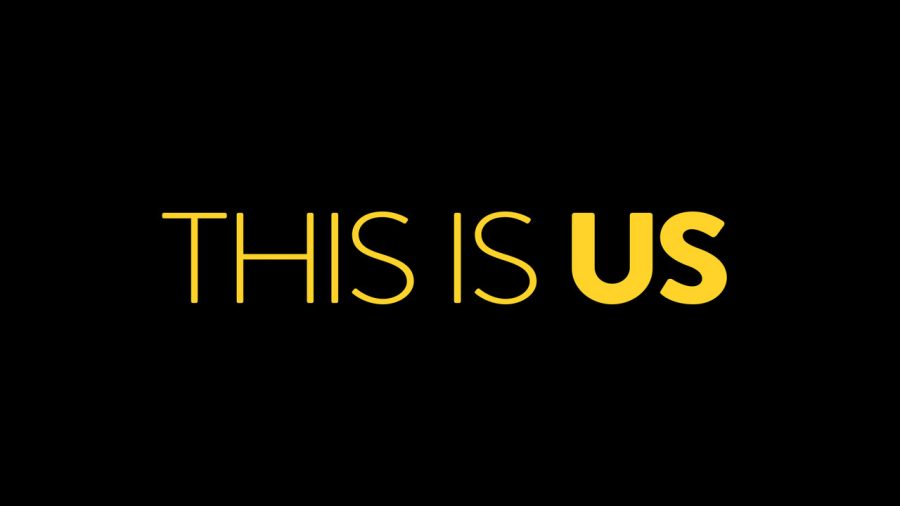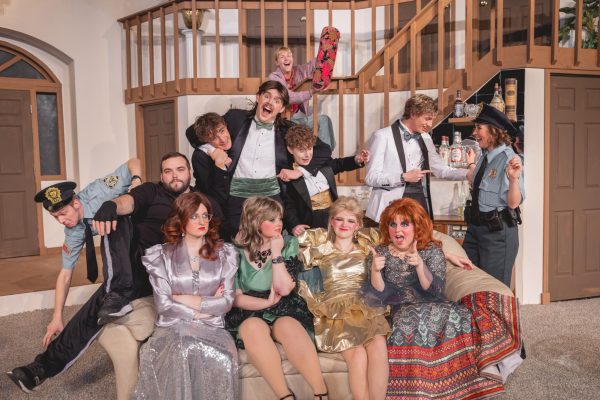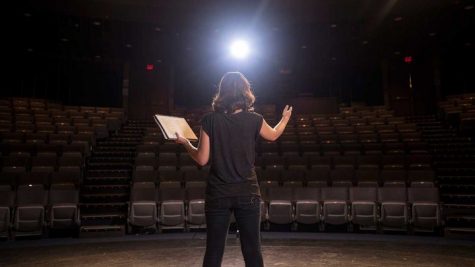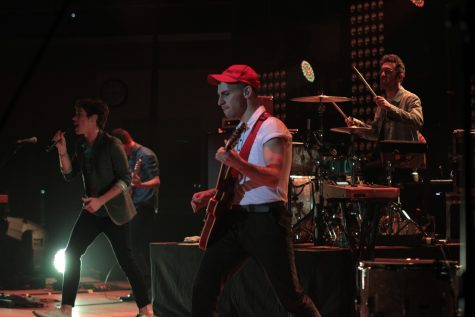“This Is Us” premiere features uncomfortable conversations worthy of watching and re-watching
This Is Us series cover.
This review contains spoilers.
The season five premiere of “This Is Us,” which aired October 27, tackled both COVID-19 and Black Lives Matter protests, offering a hauntingly familiar but challengingly honest glimpse of their impacts on individuals, as well as on family life.
Fans of previous seasons will recognize all of their favorites from the fictional Pearson family: Rebecca and Jack, their triplets Kevin, Kate, and Randall (the “Big Three”), and the Big Three’s kids.
The episodes featured a masked-up Pearson family celebrating the Big Three’s fortieth birthday. As with previous seasons, the premiere ingeniously interwove past and present storylines, combining the events of the Big Three’s fortieth birthday with those of the day they were born. Although the latter has been explored extensively in past episodes, “Forty Part 1” and “Forty Part 2” added previously unknown details to Randall’s origin story, including a massive cliff-hanger in the last seconds of the premiere.
Kevin and Madison’s pregnancy announcement, Beth and Randall’s reaction to Tom Hanks contracting “the corona” and past-Jack’s uselessness in the maternity ward add levity to the episodes, and Beth’s assertion that “This moment is not forever” is quietly and beautifully reassuring in the face of unfathomable tragedy.
The developing bond between Randall (Sterling K. Brown) and his daughter’s boyfriend Malik was a particularly compelling moment, aided by Brown’s impressive acting chops and dialogue that balances the cogency of intense subject matter with lifelike awkwardness and dad jokes.
The Big Three’s first reunion since the falling out at the end of Season Four is poignantly agonizing in unexpected ways. Kevin and Randall–the expected conflict–are on surprisingly good terms, but Kate’s clumsy attempts to address the nation’s racial reckoning further strain her relationship with Randall, who points out that George Floyd “isn’t the first Black person to be killed on camera.” Randall meets Kate’s response that “it feels different” with perhaps the most summative quote of the season so far: “Not for me.”
Lonnie Chavis once again brought young Randall to life–his brief appearance highlighting his character’s isolation in coming-of-age as a Black man in a white family. Chavis, who has spoken about using his own experience to play Randall, published an essay this summer in “People” in which he wrote, “I actually didn’t learn about being Black and what that would mean for me until I was 7 years old…my parents educated me on being a Black man really quick with long talks, books and movies like Amistad and Malcolm X. I was overwhelmed with confusion, fear and sadness. I had to lean on my faith in Christ for hope, protection and understanding.”
Dan Fogelman, one of the writer’s on the episode, told Dan Snierson of “Entertainment Weekly,” “When it comes to race, particularly because our writers haven’t been afraid to go there, we try not to shy away…these are uncomfortable conversations, and frankly they’re uncomfortable conversations for white people. And they should be.”
The premiere demonstrated that “This Is Us” can be counted on to not shy away from those uncomfortable conversations, and it is that boldness–woven into the believable stories of endearing characters–that makes the show so poignant and so worth the watch, especially in times like these.







